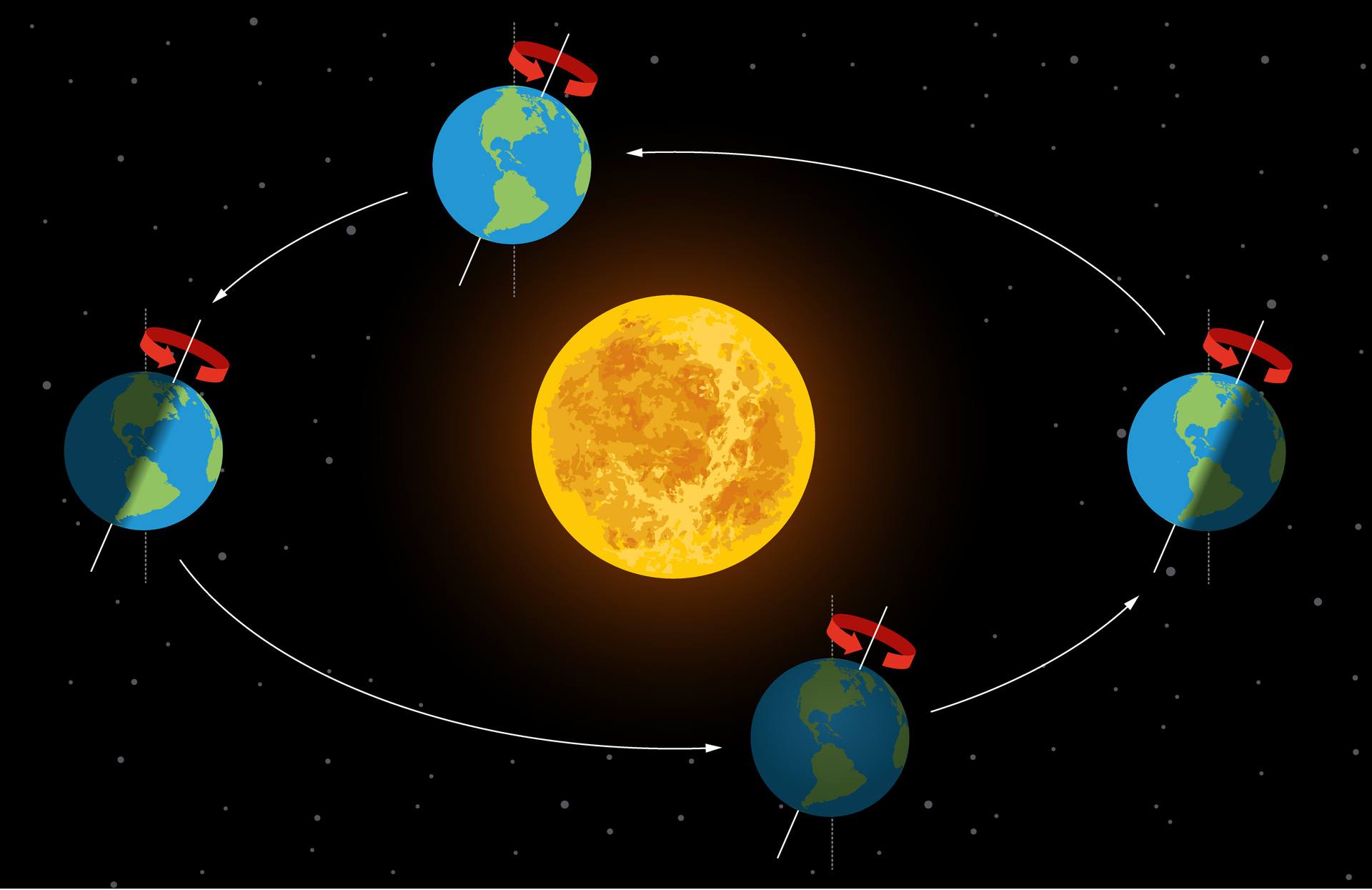Every third Russian believes that the Sun revolves around the Earth (35%), about a fifth believes that the first people lived at the same time as dinosaurs (21%), and 44% of the country's inhabitants are convinced that genetically modified foods cause cancer.
Such results were obtained by the All-Russian Public Opinion Research Center (VTsIOM) based on the results of a sociological survey.
This was reported to RT by the press service of the center.
1,600 Russians aged 18 and over took part in the survey.
The survey was conducted by the method of telephone interview on a stratified (covering different layers and groups.
- RT.
) random sample.
As part of the study, respondents answered six questions.
35% of respondents agreed with the statement that the Sun revolves around the Earth, 61% disagreed, and 4% found it difficult to answer.
For comparison, during a similar survey conducted in 2007, 28% of respondents agreed with the false statement, in 2011 - 32%.
Gettyimages.ru
But with what
“The Earth makes a complete revolution around the Sun in one month,” only 12% of respondents now agreed.
69% gave a negative answer, 19% of the survey participants found it difficult to answer.
In 2011, 20% of Russians agreed with this false thesis, and in 2007 - 14%, the VTsIOM press service reported.
With the statement that radioactive milk will become safe after boiling, only 7% of the inhabitants of our country agreed.
Now this figure is 2 times less than 15 years ago.
21% of respondents believe that people once coexisted on the planet with dinosaurs.
Do not agree that "the first people lived in the same era as the dinosaurs", 66% of the survey participants, 13% found it difficult to answer.
At the same time, in 2007, 30% of Russians believed in this anti-scientific myth.
44% of Russians agreed with the statement that GMO products can cause cancer, 35% of respondents do not share this point of view, 21% of survey participants found it difficult to answer.
Statistics show that Russians' ideas about the dangers of GMOs are rapidly changing, and awareness of genetic engineering is growing.
For comparison, in 2014, 67% of the country's residents believed in the carcinogenicity of genetically modified foods, and only 10% of respondents took the opposite position.
At the same time, only 32% of respondents agree with the statement that “GMO products will help defeat hunger on Earth”; in 2014, 38% of the study participants answered this question positively.
Sociologists note that although many Russians continue to hold the false notion that the Sun revolves around the Earth, on other questions the percentage of incorrect answers has declined over the years.
This means that the general level of scientific literacy of the population is gradually increasing.
VTsIOM specialists also analyzed the correlation between age, level of education and sources of information received by respondents with the number of correct answers.
Three groups were distinguished according to the level of scientific literacy.
21% of the Russians in the group answered correctly only two or less questions out of six.
It turned out that such a low level of scientific literacy is typical for Russians over 60 years old, active TV viewers with an education at the secondary level and below, and also living in rural areas.
44% of Russians, according to VTsIOM, have an average level of scientific literacy, this group included respondents who gave 3-4 correct answers.
As a rule, these are people over 45 years old, with secondary specialized education and living in small towns.
AGN "Moscow"
© Andrey Nikerichev
The highest level of scientific literacy was recorded by the center among young people - respondents aged 18-24 years.
The proportion of participants who gave correct answers to 5-6 questions was 35%.
49% of people in this group are active Internet users, 45% have higher education, many live in Moscow and St. Petersburg, or in the Northwestern Federal District.
“According to the results of the survey, it is clear that Russians have an average and low level of scientific literacy.
The same situation is taking place in many countries of the world: anti-scientific views are steadily hindering not only education, but also, as we have recently seen, anti-pandemic measures, vaccination, etc.,” said Anna Kuleshova, head of the VTsIOM publishing programs department.

